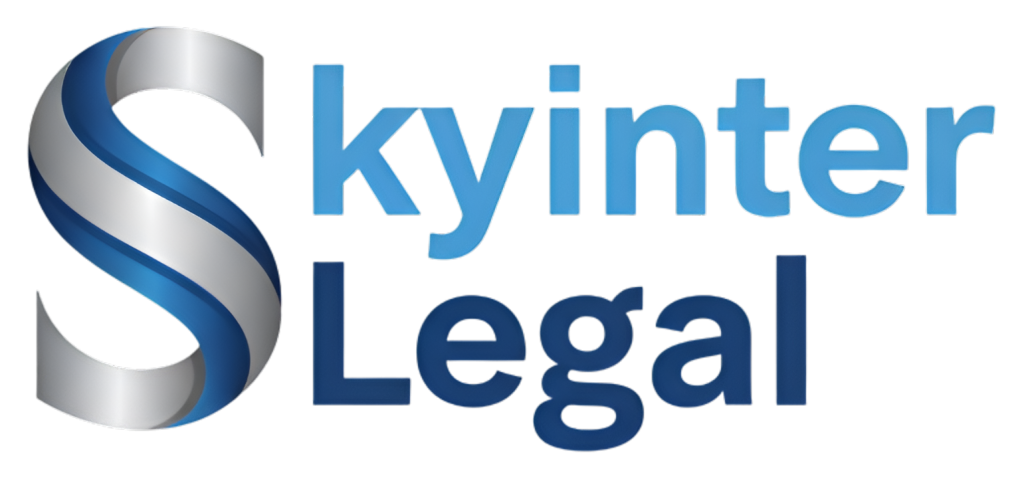Civil case enforcement in Thailand begins after you obtain a court judgment. Converting that paper judgment into real recovery requires a separate legal process—execution—handled primarily by the Department of Legal Execution (DLE) under the Ministry of Justice. Below is a clear, business-friendly guide to timelines, tools, and practical steps to help judgment creditors actually get paid.
1) When can you enforce a judgment?
• Final judgment or order: The court of first instance that issued the judgment also issues the writ of execution authorizing enforcement actions.
• Time limit (statute of limitations): A claim established by a final judgment must be enforced within 10 years. Waiting beyond that risks losing the right to execute. (Thai Civil and Commercial Code, Section 193/32).
Practical tip: Start asset-tracing early and apply for the writ promptly to avoid delays that eat into the 10-year window.
2) Who actually enforces?
Once the court issues the writ, Legal Execution Officers at the DLE carry out the enforcement: locating assets, seizing/attaching property or claims, arranging auctions, and distributing proceeds to creditors pursuant to the writ and applicable regulations.
3) The main enforcement tools
Thai law provides several execution measures. The appropriate mix depends on what the debtor owns and how quickly those assets can be realized:
1. Seizure of movables and immovables
- Vehicles, machinery, inventory, equipment, and real estate can be seized and sold by public auction, subject to exemptions and proportionality (no seizure in excess of the adjudged debt plus official fees).
2. Attachment (garnishment) of claims
- Cash at banks, receivables from customers, and other third-party debts owed to the judgment debtor may be attached and redirected to satisfy the judgment. This is often the fastest path to recovery when bank accounts or steady receivables exist.
3. Public auctions & distribution
- After seizure/attachment, the DLE conducts auctions and then distributes proceeds among competing creditors under set priority rules. If multiple writs exist, creditors can submit an asset-distribution request to share proceeds from the same property.
4) Step-by-step overview of the enforcement process
While details vary by case and court, these are the typical milestones:
1. Judgment becomes enforceable (and any automatic stay period or appeal strategy is addressed).
2. Apply for the writ of execution from the court that rendered judgment.
3. File execution application with the DLE, attaching the writ and case documents; pay official fees and deposits as required. DLE opens the execution file.
4. Asset investigation & identification (often in parallel): locate bank accounts, receivables, vehicles, real estate, shares, and other attachable property.
5. Execution actions:
- Serve orders of seizure (movables/immovables) or attachment (bank accounts/ claims).
- Secure, inventory, and valuate seized assets.
6. Sale by auction (if needed) and collection of attached funds.
7. Proceeds distribution to creditors; DLE issues payment to the judgment creditor net of official costs; case is closed.
The DLE publishes standard operating procedures and flowcharts that visualize these steps and list service standards and contact points. These are useful to anticipate timelines and paperwork.
5) Interest and what you can recover
A Thai judgment for money typically accrues post-judgment interest. In April 2021, Thailand amended the Civil and Commercial Code to reduce the statutory interest rate and to clarify default interest rules:
- Statutory rate (Section 7): 3% per year (subject to periodic review).
- Default interest (Section 224): statutory rate + 2% (currently 5%) unless a higher contractual default rate lawfully applies; no compound interest unless expressly permitted by law.
Practical tip: Bring the original contract and evidence of agreed interest; courts can award the contract rate if valid, which may exceed the statutory default rate.
6) Common roadblocks—and how to manage them
- Debtor asset transfers: If assets were moved to relatives or affiliates to defeat creditors, you may consider fraudulent transfer claims (separate litigation) while continuing execution on other assets.
- Multiple creditors: Expect priority and distribution issues; file promptly and coordinate strategy to avoid being left behind at auction distribution.
- Operational delays: DLE caseload, asset valuation disputes, or auction re-listings can slow recovery. Using professional asset-tracing and filing targeted attachments (e.g., banks/ major debtors) often accelerates payment.
- Appeals & stays: Some judgments are stayed automatically or by order; plan execution steps around appeal timelines and potential security postings.
7) Special note: Foreign judgments
Thailand currently has no general statute for direct recognition and enforcement of foreign court judgments. In most cases, a foreign judgment creditor must file a new lawsuit in a Thai court based on the underlying cause of action; the foreign judgment may be used as evidence if consistent with Thai public policy. (Foreign arbitral awards are different—they are enforceable under the Arbitration Act once recognized by a Thai court.)
8) What successful recovery looks like (playbook)
1. Map the debtor’s assets early (banking, property, corporate interests, income streams).
2. Sequence remedies: start with bank/receivable attachments (fastest cash), then movables, then immovables if needed.
3. Monitor competing writs and promptly join distribution to secure your share.
4. Track interest meticulously under the 2021 rules and ensure the writ reflects correct principal, interest, costs, and fees.
5. Stay close to the DLE file: respond quickly to notices, supply missing documents, and push for timely auction listings per DLE SOP/service standards.
Disclaimer
This overview is general information for businesses and individuals and is not legal advice. Enforcement outcomes depend on specific facts, assets, and procedural posture.
How Sky International Legal Can Help
- Judgment-to-cash execution: We drive the full cycle—from writ application to DLE execution, auction, and collection.
- Professional asset investigation: Our roots in professional investigations give us an edge locating bankable assets quickly and lawfully.
-
Strategic attachments: We prioritize fast-pay channels (banks/receivables) while preserving leverage on real assets.
-
Multi-creditor strategy: We protect your priority and secure your share at auction distributions.
-
Cross-border savvy: We regularly use foreign judgments as evidence in Thai proceedings and enforce arbitral awards recognized by Thai courts.

